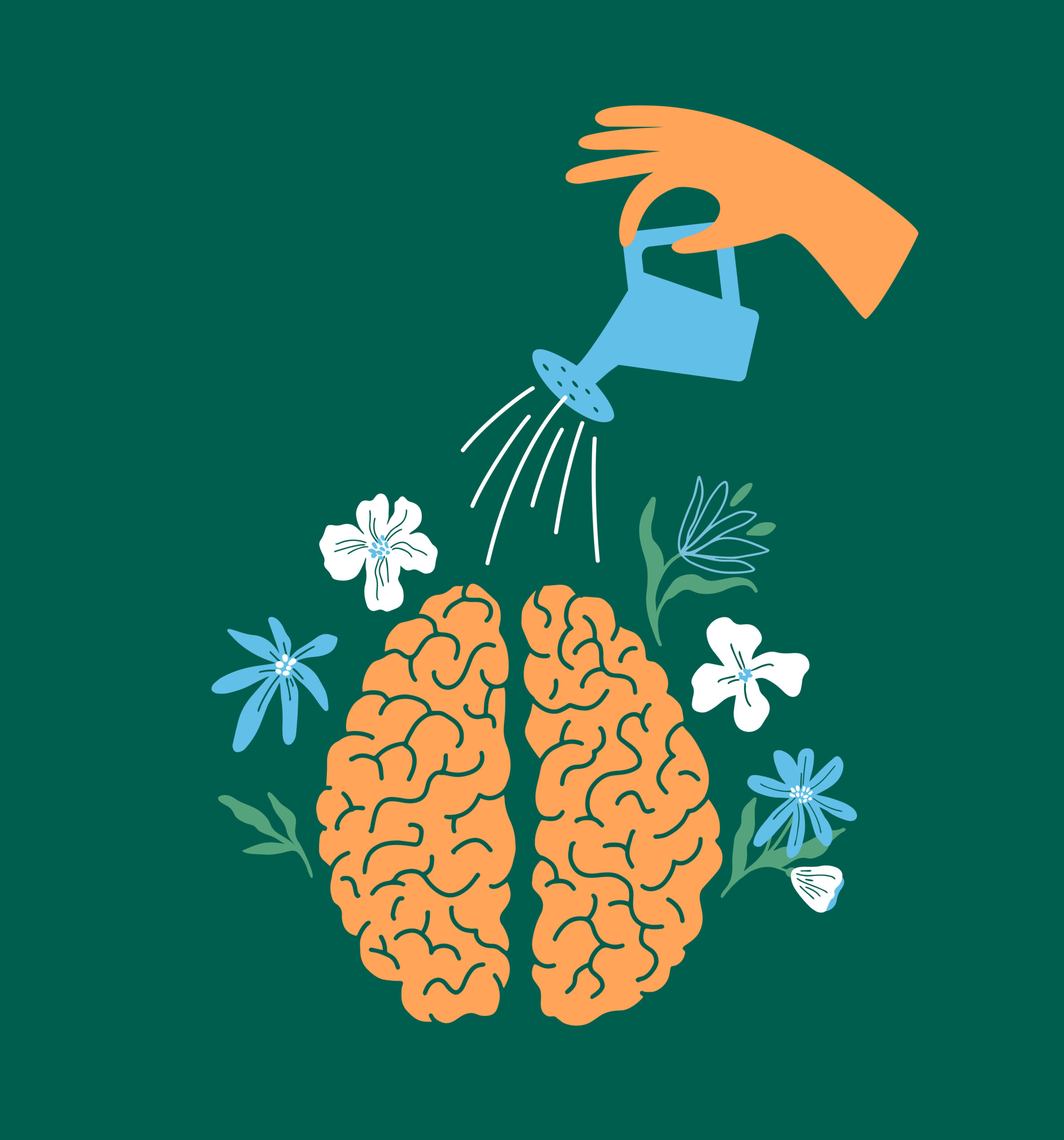Emotional wellbeing is an important component to child development. It lays the foundation for overcoming challenges, handling emotions, and getting along well with family, friends and important adults. Although emotional wellbeing impacts almost every aspect of our overall health and wellness, it is often not consistently prioritized!
That’s why, for Mental Health Awareness Month, On Our Sleeves is sharing four ways that you can focus on emotional wellbeing for you and the kids in your life. The four keys to “unlocking” better emotional wellbeing in kids are:
- Managing stress
- Building resilience
- Fostering constructive connections
- Prioritizing physical wellness
Managing Stress
Stress is both a negative and positive part of life. A kid’s ability to handle stress in a positive way relies heavily on the influence of significant adults in their lives. In order to help our kids positively handle stress, it is important to have a healthy perspective on childhood stress. At times, adults may trivialize the stress kids might be feeling due to their own stress seeming to be so large and overwhelming. Kids can feel stress about the everyday things they experience like tests, school projects, peer pressure, family issues and more.
As a role model, learning to manage your own stress in a healthy way can positively impact your connection with your kids. We know this can be a challenge with all the stressors you face in your everyday life, but controlling your emotions and responses helps our kids’ emotional well-being.
When managed positively, stress can give kids the opportunity to feel empowered to overcome challenges and grow by using a new skill.
Building Resilience
Resilience is the ability to adapt and cope during tough times. It is the ability to work through challenges and grow from life experiences.
Being resilient compliments emotional wellbeing because it is the ability to use the tools in our toolkit to navigate through challenges. It does not mean that we will never go through hard times or feel negative emotions; it is about having the ability to handle these challenges and adapt.
You can build resilience in your child by loving them unconditionally, allowing them to (safely) fail and promoting their independence while offering your guidance and support.
When we are resilient, we have emotional wellbeing, and emotional wellbeing makes us resilient.
Foster Constructive Connections
Connection is essential to emotional wellbeing. Having connections allows us to have support during hard times, to learn to have empathy for others, and to provide better awareness of ourselves.
Despite modern obstacles to building connections, like overuse of technology and families living more distant from extended relatives, we know that supporting connections for our kids is important. With any goal, there are challenges and obstacles to overcome.
Connection is not just between a parent/caregiver and their child. There are many different categories we can build connections to: friends, family members, spiritual group, community, school, and extracurriculars. It is important that we ourselves have several areas of connection and encourage our kids to have several areas of connection, too! Having multiple connections can help when something goes awry in one area of connection, as there is at least one other area to fall back on. This is also helpful when our kids close us off.
If we have worked to help our kids foster healthy connections in other areas, we can be hopeful that they will receive healthy advice and support until our relationship with them is reconnected.
Prioritizing Physical Wellness
Have you ever noticed how certain activities can shift the way you feel? That’s because our moods, behaviors, thoughts and physicality (or physical abilities) are interconnected. So, when we make positive changes to one, we can see a domino effect in others. Research suggests moving our bodies regularly (whether through physical activity or exercise) improves our mental and physical health.
Kids can receive numerous benefits to their body and mind through movement, including:
- Improving mood and ability to focus
- Increasing positive classroom behavior and academic achievement
- Creating a stronger sense of self
- Increasing the ability to manage and adapt to stress
- Improving heart and brain health
Build a positive relationship with physical wellness by making it fun, doing what you can and releasing any pressure to be perfect!
Discover More On Our Sleeves Resources
On Our Sleeves is diving deeper into each of these four keys to emotional wellbeing on our blog throughout the month of May! Access more related resources, from videos and free downloads to conversation starters by visiting childrensdayton.org/onoursleeves today.



